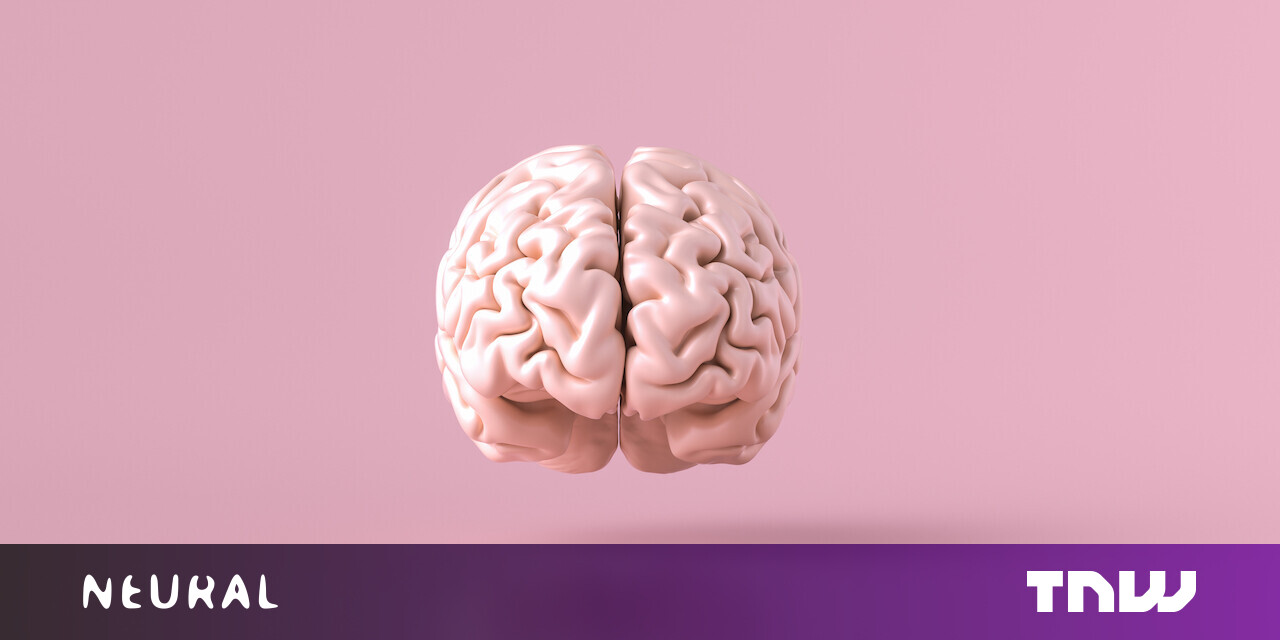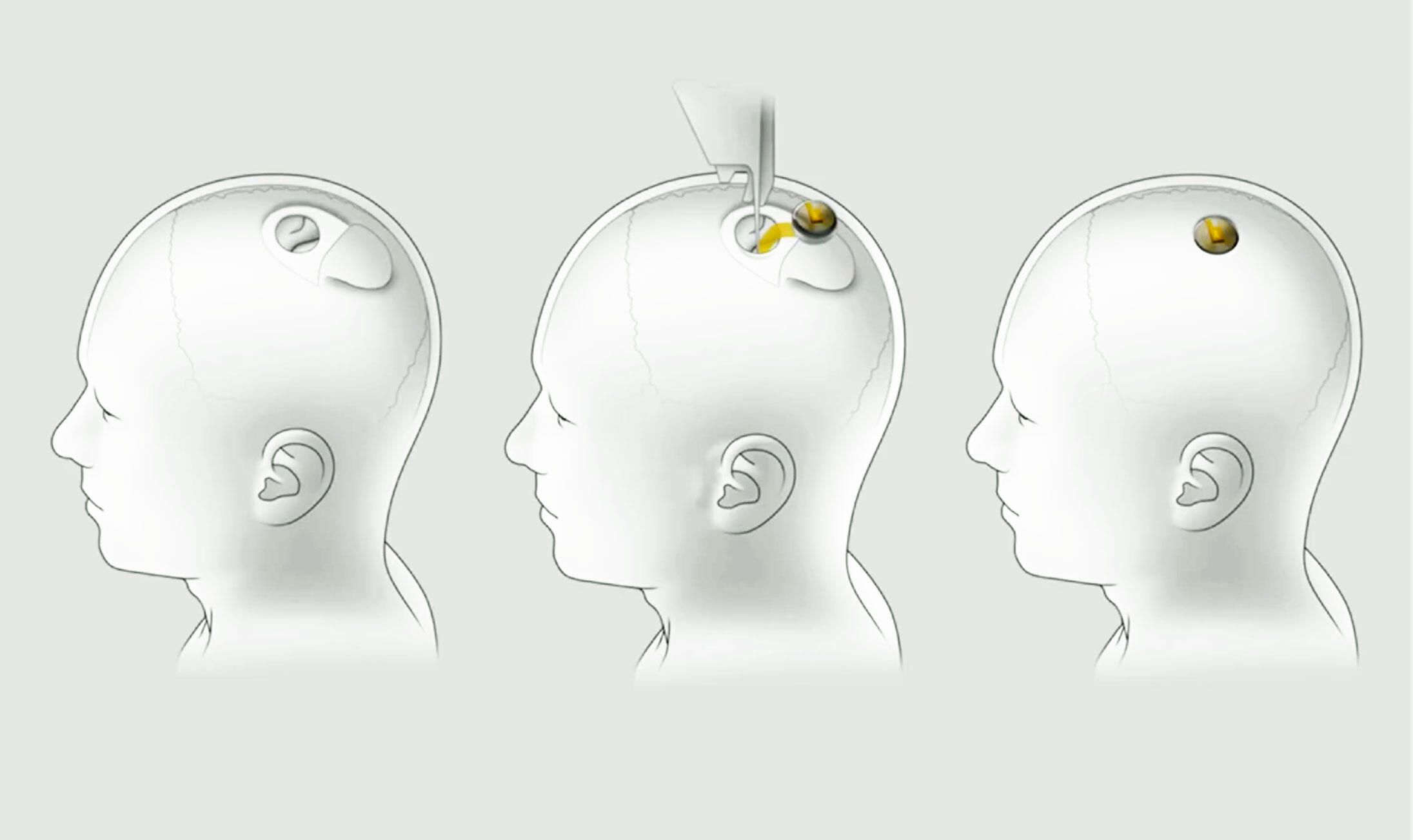
Studying maths beyond GCSEs helps brain development, say scientists
Students who drop mathematics at the age of 16 have lower amounts of a brain chemical that is critical for brain and cognitive development, compared with those who continue maths, a study has found.
Researchers at the University of Oxford found that those who stopped maths after their GCSEs had less gamma-aminobutyric acid, a chemical which is crucial for brain plasticity, than counterparts who pursued maths post-16.
The reduction in the chemical, which works as a neurotransmitter, was found in a key area of the brain that supports maths, memory, learning, reasoning and problem solving – and researchers warned it could put affected students at a disadvantage.
More than 130 students aged 14-18 took part in the study by researchers from the university’s department of experimental psychology. Students over 16 were asked if they had already stopped studying maths, while younger students were asked whether they were planning to give up maths.
Each of them underwent a brain scan and cognitive assessment, and were followed up 19 months later. According to the paper, published in the Proceedings of the National Academy of Sciences, researchers were able to spot those who did or did not study maths post-16 based on concentrations of the brain chemical in each student.

/https://public-media.si-cdn.com/filer/a3/17/a31738aa-3394-4f35-b77c-cf537f6fb17c/gettyimages-579860044_web.jpg)











/cloudfront-us-east-1.images.arcpublishing.com/pmn/2OMDYOYIKRDYJOSDNJCST4GN34.jpg)








